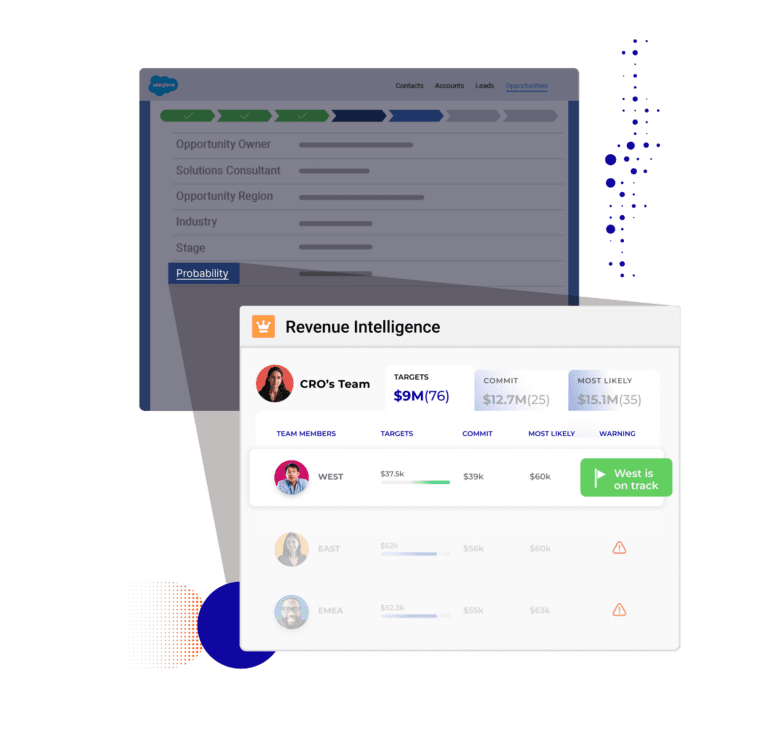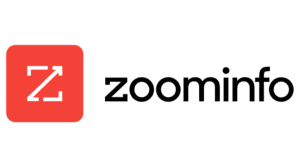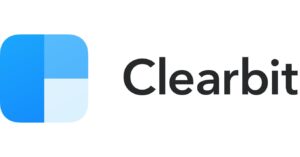The global sales intelligence market was estimated at $3B in 2023 and is predicted to reach around $8.25B by 2033.
The sales intelligence market is predicted to be
With the explosion of generative AI and sales tools, it’s no surprise that the market is expected to grow exponentially. But, it can also be more difficult to sift through the tools and identify which ones best suit your needs.
In this post, we share some sales intelligence basics, including:
- How these tools enable sales reps to make more informed decisions, foster stronger connections with potential customers, and ultimately close deals more effectively.
- How sales and business intelligence focus on gathering and utilizing data, but serve different purposes and functions.
- How implementing sales intelligence involves several critical steps, such as monitoring market trends, identifying opportunities and threats, improving sales forecasting, ensuring data accuracy, strengthening sales cycles, and tracking competitors’ strategies.
Here’s everything you need to know.
What is sales intelligence?
“Sales intelligence” is a term that broadly refers to the tools, processes, and systems used to gather information about sales — including potential customers, pipeline health, sales rep best practices, and more.
All these intelligence solutions are designed to help you better use key data. Their benefits can be summarized in two ways:
Sales effectiveness
This is the overall success of each interaction — not measured by dollars or minutes, but by real human connections. If a sale is effective, it’s hitting all the right emotional and logical notes.
A sales intelligence platform helps boost sales effectiveness by helping reps make more informed decisions. With the right data at the right times, your teams always know just what to say to build rapport and develop trust with potential customers.
Sales efficiency
This is the more quantitative measurement of sales. It’s based on speed and accuracy.
Fortunately, sales intelligence solutions help boost efficiency, too. These tools make it easier for reps to boost sales performance by learning from their own habits and comparing them to best practices across the business.
Sales intelligence vs. business intelligence
Although sales data tools might sound a lot like business intelligence, there are actually some key differences. Check it out:
| Sales intelligence | Business intelligence |
|---|---|
| Focuses on “why did this happen” data | Focuses on “what happened” data |
| Helps inform sales-related decisions | Helps inform decisions across the business |
| Often looks outward | Often looks inward |
| May be built around immediate action | May be built on slower, longer-term growth and planning |
Keep in mind that both kinds of intelligence are about gathering and using data in smarter ways — the main differences are:
- The type of data gathered.
- The way that data is analyzed and used.
- The teams that gather insight from that data.
Key components of sales intelligence
Want to jump into the world of data intelligence solutions for sales? You’ll need to take these important steps:
Use real-time data to learn what your potential customers want, why they want it, and when.
Keep a close eye on ups and downs in your industry and maneuver your sales team accordingly.
Use analytics software and other sales enablement tools to get the information you need about the future.
Gather the right statistics from the right sources. (Hint: Automated data entry helps eliminate redundancy, minimize human error, and save valuable time for your teams.)
Review the nuts and bolts of your sales cycle to see where you can make improvements based on evolving customer and employee needs.
Learn from other businesses’ successes and mistakes — and recognize that they’ll do the same to you, particularly if you leverage sales intelligence in all the smartest ways.
Best sales intelligence tools
If you want sales intelligence data, you need software. Here are a few of the best options on the market in 2023:


Mindtickle helps you rethink revenue enablement.
Our conversation intelligence highlights best practices from real interactions, while revenue intelligence delivers actionable insights on deal health, buyer sentiment, and more. Our revenue enablement platform enables sales teams to make informed decisions, personalize messaging, and foster a data-driven culture. Tracking key performance indicators and leveraging advanced analytics ensures your sales strategies are effective and efficient.



Zoominfo provides a platform for recruiting and operations, prospecting, data management, and more. It also helps analyze conversation data for rich sales intelligence insights.


If you want lead generation, Apollo is a great option. Enriched with decision-maker data and automatic alerts when a change occurs, this platform keeps you ready for anything.


Clearbit is all about timing. It helps your teams tailor individual decisions and entire campaigns based on lead scoring, a huge range of data points, and more.
How to increase revenue with sales intelligence
How can sales intelligence help you boost revenue, increase sales, and empower your team? Here are just a few ways to leverage this approach:
#1: Improve your sales forecasting
Don’t rely on guesswork. The best tools give you data and insights that inform decisions in the immediate future and help you build more effective long-term strategies.
#2: Personalize messaging
No B2B solution is complete without a little personalization. Use the data you uncover to make messages more meaningful, powerful, and memorable to different audiences.
#3: Foster a culture of data-driven sales decision-making
Build your sales decisions around real-time insights and data that provide an in-depth, comprehensive view of your market, your customers, and even your sales reps.
#4: Track performance with the right KPIs
Key performance indicators (KPIs) tell a lot of different stories when they’re on their own. Use sales intelligence software to track these KPIs and combine them into a clear, cohesive view of your entire sales department.
What’s next?
Leveraging sales intelligence tools is critical for boosting your team’s performance and driving revenue growth. To get started, follow these action items:
- Choose the right software to gather the right sales data and analyze it.
- Stay informed about industry dynamics to identify opportunities and threats.
- Use analytics to make data-driven predictions and strategies.
- Tailor your communication based on insights to build stronger customer relationships.
- Regularly measure key performance indicators to ensure continuous improvement.
Sales intelligence at your fingertips
Ready to see how Mindtickle's revenue productivity platform gives you actionable intelligence to make sure every seller is productive?
Get a DemoThis post was originally published in 2023 and was updated in June 2024.







